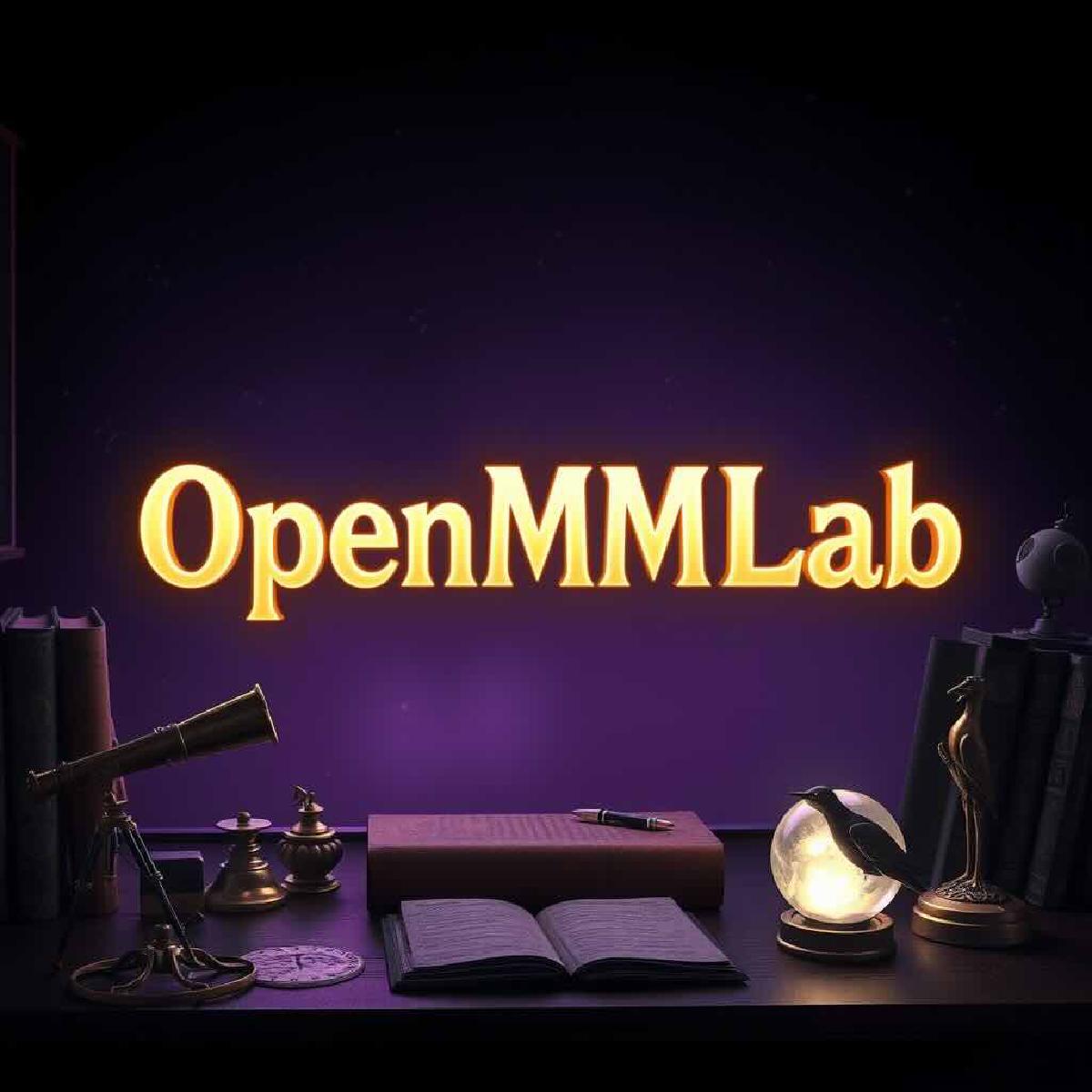OpenMMLab is a comprehensive open-source platform developed to accelerate research and development in computer vision.
OpenMMLab serves as a collection of toolkits and frameworks for a wide range of computer vision (CV) tasks, ie. object detection, semantic segmentation, pose estimation, and optical character recognition (OCR). Built on top of PyTorch, it has become one of the most popular and influential repositories for computer vision, bridging the gap between academic research and industrial applications. Check out the OpenMMLab Github
Core Components of OpenMMLab
Faster R-CNN, YOLO, and RetinaNet, allowing easy customization and training on custom datasets. MMDetection is a go-to framework for researchers and practitioners working on tasks like autonomous driving, security, and more.Semantic segmentation component by supporting state-of-the-art (SOTA) models and facilitates experiments with various backbones and training strategies. MMSegmentation is useful in quantitative fields like medical imaging where precise pixel-level classification is crucial.full-body keypoint detection and even more specialized tasks like facial landmark detection. MMPose supports multiple backbones and is designed to be modular.optical character recognition(OCR) tasks, which has various models for text detection and recognition.across different hardware and software.OpenMM and Colab
Open Google Colab and start a new notebook.
Run in Colab
Recent Google Colab has a built-in torch:Version: 2.3.1+cu121 and CUDA 12.2, it should generally work with the following steps
Start with
!pip3 install -q openmimin its own cell because the kernel may restart after you run, simply re-run it and the following lines should workThen, run the folowing two lines.
mmcvmay actually installed with a version not fully compatible with2.2.0, but its okay, simply address that in the next steps.!mim install -q mmengine !mim install -q mmcvlower version of
mmcvmay not work, due to the newer versions of the defaultpythonandtorchin colab.Try to build the
mmdetectandmmposefrom its source, therefore clone their repos. In another cell, run the following.!git clone https://github.com/open-mmlab/mmdetection.git !git clone https://github.com/open-mmlab/mmpose.gitDo a Editable Installation (
-e) formmdetectandmmpose.[You may no longer need it if more updates take place] Visit
(/comtent)/mmdetection/mmdet/folder. Inside__init__.pychange'2.2.0'in the linemmcv_maximum_version = '2.2.0'(should be line 9) into'2.2.1andctrl+sorcommand+sto save.Then run the following to install.
!pip install -q -e ./mmdetection !pip install -q -r ./mmpose/requirements.txt !pip install -q -e ./mmpose
Warning! May see some kind of mmdet.apis modules not found error during runs in Colab, likely due to sys.path not having the correct items in, run:
import sys
print(sys.path)
sys.path.append('/content/mmdetection')
sys.path.append('/content/mmpose')

